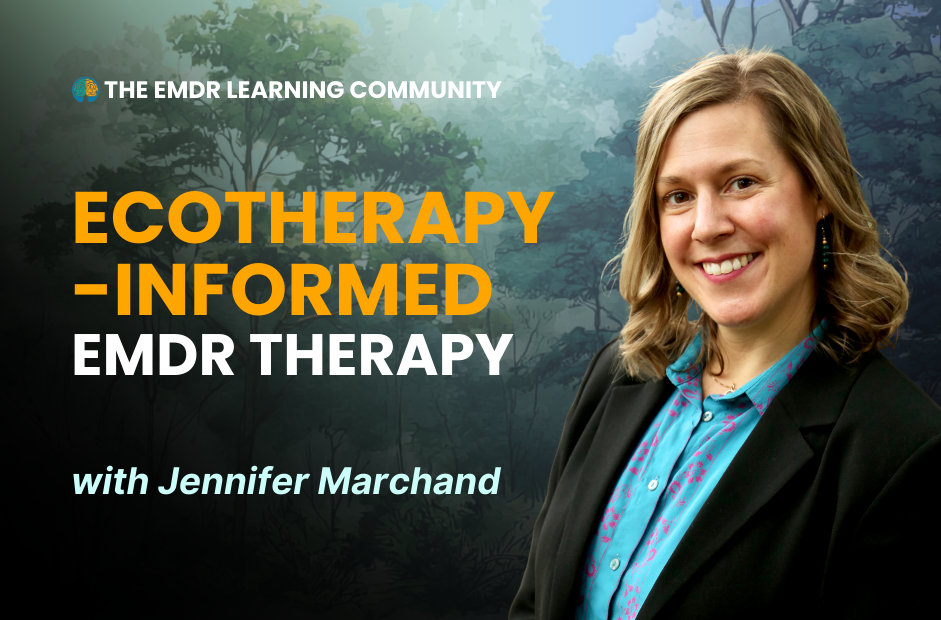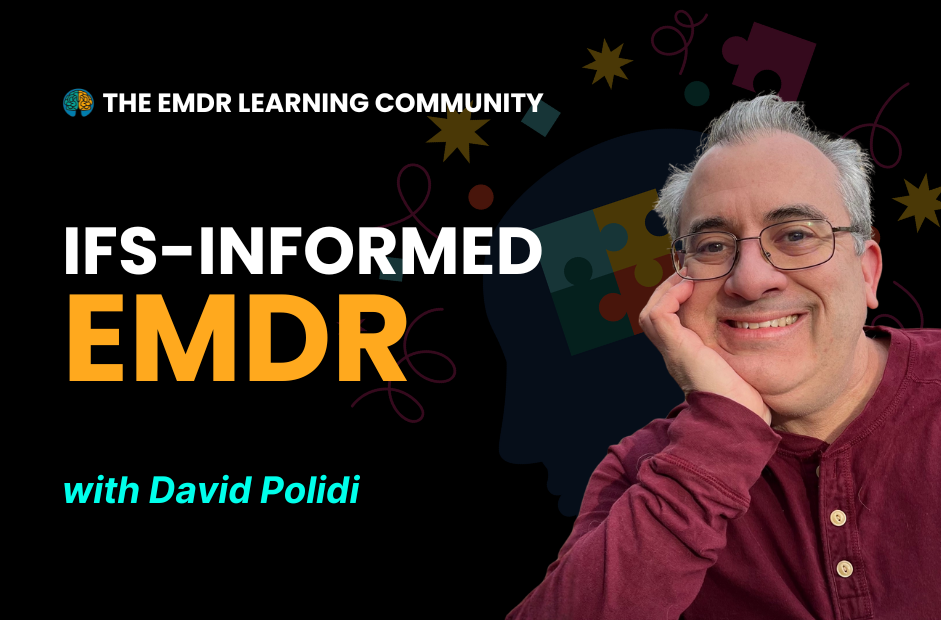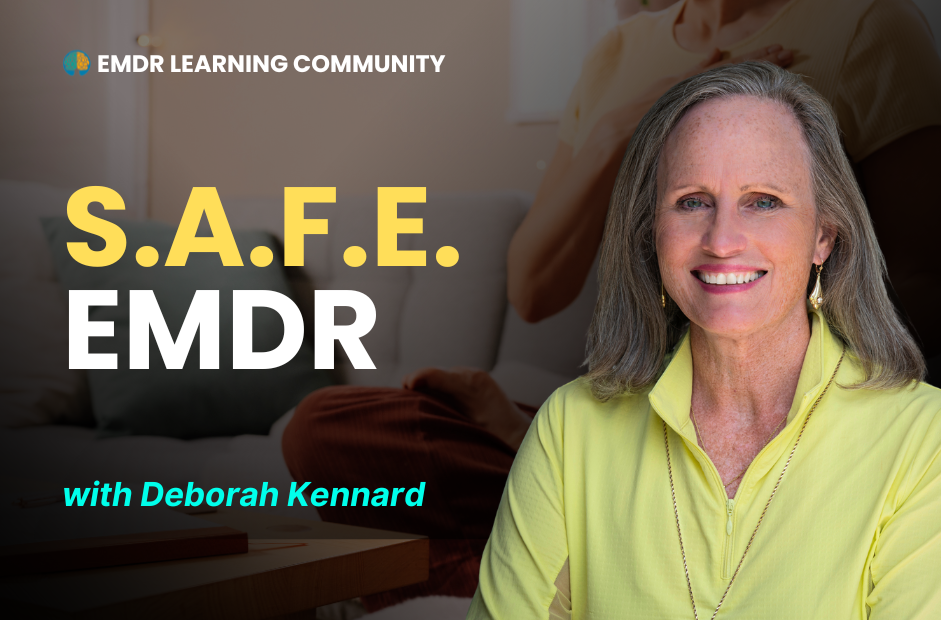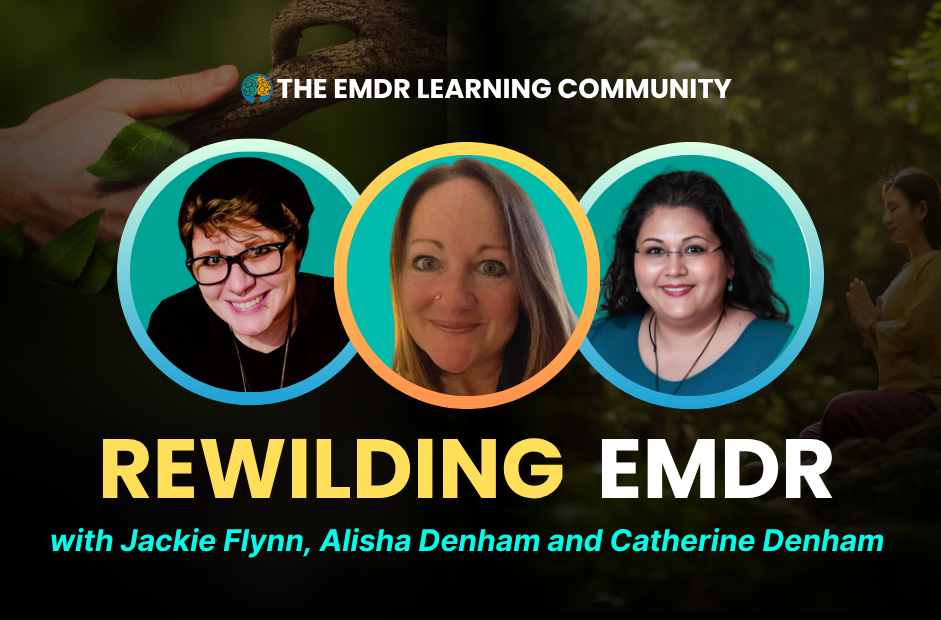OVERVIEW
Discover Trauma Healing Integration in Complex Trauma Care
using EMDR Therapy and Psychedelics
oin these expert panels as they discuss into the powerful integration of EMDR therapy and psychedelic medicine, covering Ketamine, Psilocybin, and MDMA. Discover why mind-altering substances are integrated with psychotherapy to access deeper healing for complex trauma and how they can lower protective systems. Learn about the critical role of preparation and integration, the importance of set and setting, and ethical considerations in treatment. The panelists explore the nuances of combining these powerful modalities, from their application in complex trauma and addiction to the evolving legal landscape in Colorado and Australia. They also discuss exclusion criteria, potential risks like HPPD, and the benefits of a holistic, collaborative “recipe” for patient care.
Topics Covered:
- Exploring The Role of Psychedelics in Therapy
- Safety and Oversight in Psychedelic Medicine
- Status of Use of Psilocybin and Ketamine in Australia
- Lowering Defenses: The Role of Psychedelics
- Preparation and Integration in Psychedelic Therapy
- Importance of Set and Setting in Psychedelic Therapy
- Therapeutic Session with Medicine as a Journey
- Exclusion Criteria in Psychedelic Treatments
SPEAKER
Tiffany has been in private practice since 2020, with prior experience working for the community mental health agency both as an outpatient and school-based therapist. Tiffany specializes in working with people who have experienced chronic, complex and developmental attachment trauma, DID/dissociative systems and attachment disorders.
Tiffany especially enjoys working with clients who do not trust, are “resistant”, and have not experienced benefit from therapy in the past. Tiffany works with clients aged 10 through adulthood. Tiffany has been an EMDR clinician since 2016 and is passionate about EMDR and all things trauma. In addition to being an Approved Consultant for EMDR, she also just completed her Licensed Mushroom Facilitator program in February and has her training license with aspirations of opening her own healing center. She has a passion for the integration of psychedelic-assisted therapy, attachment therapy, and IFS with EMDR.
SPEAKER
Gail is an integrative therapist and consultant out of Boston, Massachusetts who combines psychedelic medicine with evidence-based protocols including EMDR. As an EMDRIA Approved consultant and CE provider, they have spent the last 3 years independently researching the synergy between low-dose Ketamine and protocol-based trauma processing.
This November, Gail is going to be leading an in-person EMDRIA-approved Advanced EMDR training on Psycholitic EMDR intensives. Gail’s practice prioritizes educating clinicians on frameworks for psychedelic ethics, cultural responsibility, transpersonal themes, and harm reduction for healing complex trauma.
SPEAKER
Dr. Andreas J. Edrich specializes in the balancing act between optimization of safe opioid, comprehensive, respectful pain management and addiction care. Dr. Edrich has been practicing medicine for 21 years and is a master of pain and addiction, pharmacogenomics and treating patients with psychiatric/mental health problems. Dr. Edrich helps people of all ages and stages find better health.
He is board-certified in both Family Medicine and addiction medicine and is a certified Medical Review Officer. He understands the complexity of psychiatry, addiction, and pain management and treats the biological, psychological, and sociological aspects that factor into a strong recovery. He has helped hundreds of patients gain control over their lives through not only medication and integrated treatment plans for mental health, but also strongly believes in the role of safe non-medication treatments such as cognitive behavioral therapy and the FDA-approved use of repetitive transcranial magnetic stimulation (rTMS). Together with TMS center in Centennial Dr Edrich functions as the medical director and initiates TMS treatments for patients with resistant major depression.
SPEAKER
Hannah is a Clinical Psychologist, EMDR Consultant, and Psychedelic-Assisted therapist in Australia. She works in solo private practice with adults with trauma.
She also works in treatment and clinical trials with clients receiving psychedelic treatment. She is passionate about optimising treatments to bring relief to clients in the shortest possible time frame.
Join Our Thriving EMDR Learning Community Now!
In the EMDR community we learn together, we save time, and connect over our never-ending journey of mastering the art & science of EMDR.
- Want to learn more about EMDR integration with other models?
- Wondering what to do when the standard protocol doesn't work?
- Want to connect with a community of EMDR practitioners?
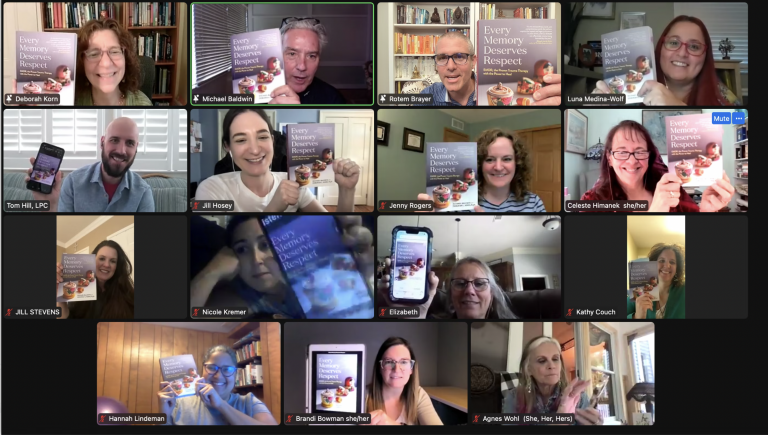
Want to learn more about EMDR with Complex Trauma?
Take Your EMDR To The Next Level!
Learn more about the Integration of Psychedelic Medicine and EMDR Therapy!
RESOURCES
Want to Learn More About EMDR Therapy
RELATED POSTS
See Our Other Posts
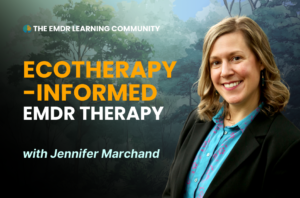
Ecotherapy-Informed EMDR Therapy with Jennifer Marchand
Join us for a webinar on Introduction to EMDR With Complex Trauma with Thomas Zimmerman. This discussion offers an introduction to his book, “EMDR With Complex Trauma” and upcoming book club series with The EMDR Book Club which describes options available in each phase of EMDR therapy to help new EMDR clinicians work more effectively with clients facing severe trauma.
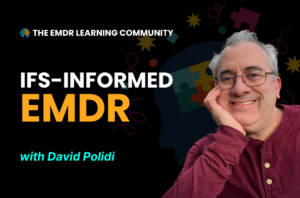
IFS informed EMDR: Creative and Collaborative Approaches with David Polidi
Join us as David Polidi shares his journey into IFS informed EMDR – Creative and Collaborative Approaches, exploring how blending Internal Family Systems with EMDR can move therapy past common stuck points. He introduces the Discovery Phase (Phase 2.5), the role of Self energy in trauma work, and insights from his collaborative book with voices like Janina Fisher and Bruce Hersey.
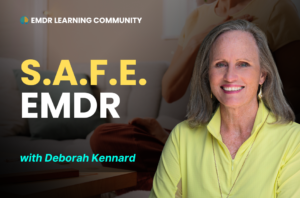
S.A.F.E. EMDR, Somatic and Attachment Focused EMDR with Deborah Kennard
Join us for a webinar on Introduction to EMDR With Complex Trauma with Thomas Zimmerman. This discussion offers an introduction to his book, “EMDR With Complex Trauma” and upcoming book club series with The EMDR Book Club which describes options available in each phase of EMDR therapy to help new EMDR clinicians work more effectively with clients facing severe trauma.







